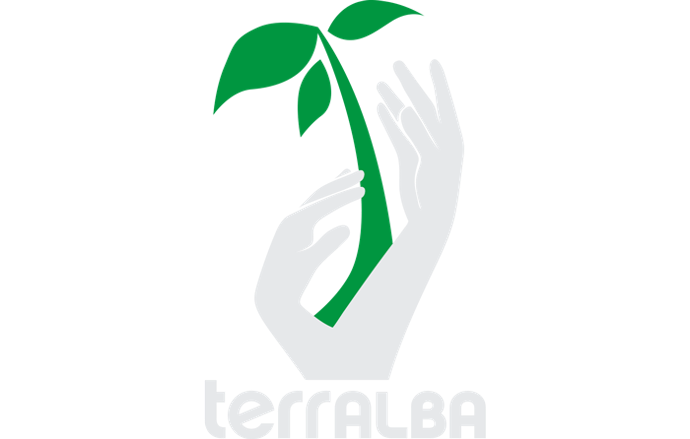Whether you're a professional grower or a gardening enthusiast, you've probably heard of "organic" farming and the microorganisms that benefit your soil. But reintroducing microorganisms into your soil is not enough to guarantee its long-term health. Composted materials play a vital role in establishing an overall life base in your soil.
Why can "organic" farming unbalance your soil?
Organic" farming is often presented as the solution to preserving the health of our soils and environment. However, this approach can sometimes be unbalanced and create underlying problems. Indeed, the new fashion is to dissect and separate natural biological spectra, and then sell strains of microorganisms at exorbitant prices. This approach overlooks the way in which these different members of the living world interact and are effective through symbiosis.
The benefits of composted materials for the health of your soil
Composted materials are rich in microorganisms. In fact, one gram of good composted material contains up to 1 billion different bacteria, 100 million actinomycetes and 1 million different fungus cells! These microorganisms are present in a harmonious and protective way in all composted materials. Composting carried out by local authorities or qualified companies, "home-made" compost, vermicompost, guanos and insect droppings are all sources of composted materials that can be used to improve the health of your soil.
Composted materials also have multiple benefits for the environment. In particular, it reduces greenhouse gas emissions by avoiding the incineration of organic waste.
How can you obtain quality composted materials for your soils?
There are various composting options for obtaining quality composted materials. You can opt for "home" compost, vermicompost, guanos, insect droppings, or composted materials produced by local authorities or qualified companies. It's important to choose the best compost materials for your needs and the quality of your soil.
How can you keep your soils healthy with carbonaceous matter?
To keep your soils healthy, it's also important to ensure a constant supply of carbonaceous matter. Mulching and plant cover are effective ways of adding carbonaceous matter to your soils. These practices have many benefits, including reducing erosion, improving water retention and regulating soil temperature.
Microorganisms to help your crop grow
The use of microorganisms in organic farming can be beneficial for plant health and crop quality. However, it is important to follow the strict frameworks established for their use, to choose quality products and not to depend exclusively on microorganisms for the success of your crop. In addition, some strains of microorganisms are more effective than others at improving phosphorus uptake, so it's important to research and choose the right strains for your crop's needs.
Examples of bacteria :
Achromobacter sp.
Alpha-proteobacterium sp.
Alcaligenes faecalis
Arthrobacter
Brevibacillus brevis
Bacillus (B.) coagulans
B. circulans
B. licheniformis
B. megaterium
B. pumilus
B. subtilis
B. stearothermophilus
B. sphaericus
B. cereus
B. methylotrophicus
Clostridium thermocelium
Comamonas sp.
Cupriavidus sp.
Delftia sp.
Enterobacter sp.
Flavobacterium sp.
Lactobacillus sp.
Ochrobactrum sp.
Paenibacillus durus
Pseudomonas sp.
Serratia sp.
Streptocuccus
Sphingobacterium sp.
Thermus sp.
Vibrio sp.
Wickerhamomyces anomalus
There are about 14 families of actinomycetes in good compost, including Frankia, Microtetraspora, Nocardia, Promicromonospora, Streptomyces and Thermomonospora.
Examples of mushrooms :
Aspergillus fumigatus
Basidiomyces sp.
Glomus aggregatum
Gloimus etunicatum
Glomus mosseae
Humicoli grisea
Humicoli insolens
Humicoli lanuginosa
Malbranchea pulchella
Myriococcum thermophilium
Paecilomyctes variotti
Papulaspora thermophilia
Penicillium sp.
Scytalidium thermophilim
Termonmyces sp.
Trichoderma asperellum
Trichoderma harzianum
Trichoderma koningii
Trichoderma longibrachiatum
Terralba Shop
For a living organic culture, find all the organic products on our Boutique page.

Act Bio System
For large professional volumes and public areas, please contact us. To find out more, visit our dedicated website.
